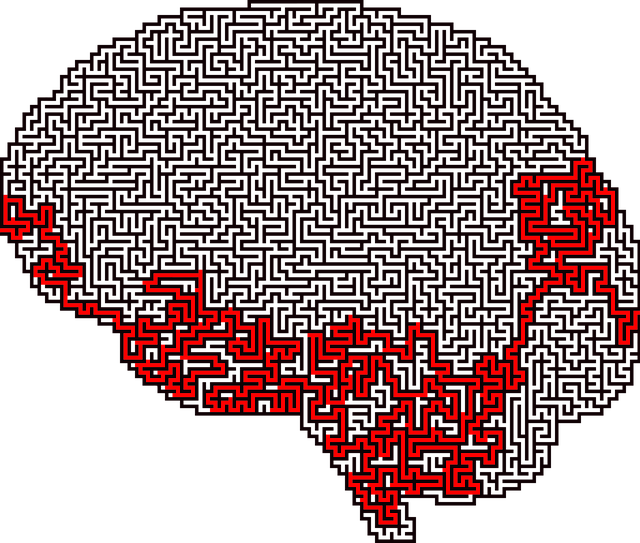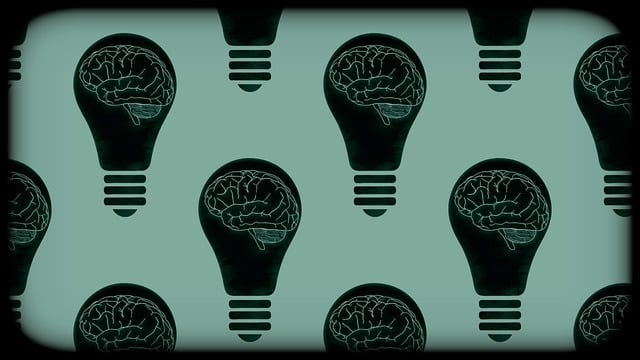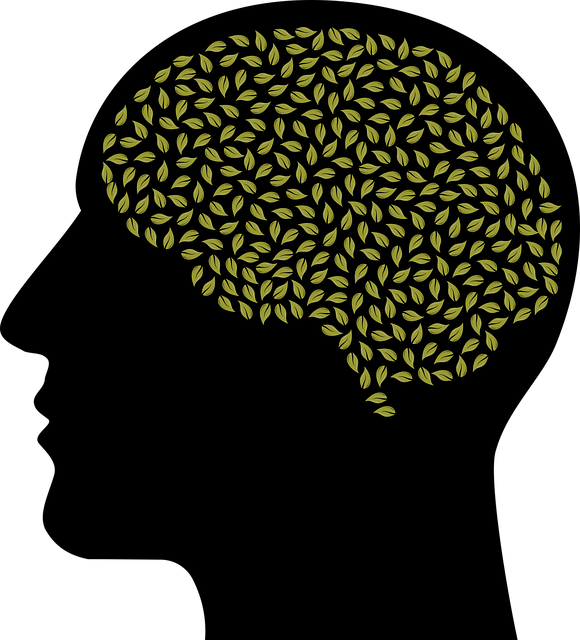Evaluating mental wellness programs, like Centennial Bariatric Evaluations Therapy, demands a complex strategy combining quantitative (pre/post assessments using standardized tools like BDI and GAD-7) and qualitative methods (interviews, focus groups). This holistic approach, incorporating exercises such as journaling and workshops, provides deep insights into client experiences and program effectiveness. By blending data with feedback, professionals can make informed decisions to enhance programs and improve therapeutic outcomes for diverse clients in today's digital age.
Mental wellness program evaluation is a critical component of ensuring effectiveness and positive outcomes. This article delves into various methods used to assess the efficacy of mental wellness initiatives, highlighting key strategies such as common metrics, patient feedback, and data analysis. We explore a case study approach through Centennial Bariatric Evaluations Therapy, focusing on KPIs, pre-post treatment analysis, and quality of life assessments. Additionally, it emphasizes continuous improvement through looped feedback, cultural sensitivity, and adaptability to individual and community needs, all vital for optimal mental wellness program success.
- Assessing the Efficacy of Mental Wellness Programs
- – Understanding the Need for Evaluation
- – Common Metrics and Tools Used
Assessing the Efficacy of Mental Wellness Programs

Evaluating the efficacy of mental wellness programs is a multifaceted process that goes beyond simple satisfaction surveys. It involves a comprehensive approach to assess the real-world impact and outcomes of these initiatives. One effective method is the use of structured assessments both before and after program participation, allowing for the tracking of individual progress. These evaluations can include standardized questionnaires designed to measure symptoms of anxiety, depression, stress, and trauma, as well as overall mental health status. For instance, Centennial Bariatric Evaluations Therapy might employ pre-and post-program surveys to gauge changes in patients’ psychological well-being.
Additionally, qualitative methods such as interviews or focus groups can offer valuable insights into participants’ experiences. This approach enables a deeper understanding of how the programs have influenced their lives, relationships, and overall mental wellness. Incorporating Mental Wellness Journaling Exercise Guidance, Stress Management Workshops Organization, and Trauma Support Services into evaluations allows for a holistic assessment, ensuring that various aspects of mental health are considered. By combining quantitative data from assessments with qualitative feedback, organizations can gain a comprehensive picture of program effectiveness and make informed decisions to enhance future initiatives.
– Understanding the Need for Evaluation

In today’s digital era, the importance of mental wellness program evaluation cannot be overstated. Centennial bariatric evaluations therapy, for instance, highlights the need for structured and comprehensive assessment methods to measure the effectiveness of interventions. Effective evaluation goes beyond simple satisfaction surveys; it involves a multi-faceted approach that includes qualitative and quantitative data collection techniques. By integrating these methods, mental health professionals can gain deeper insights into client outcomes, identify areas for improvement, and enhance overall program quality.
Risk management planning for mental health professionals plays a crucial role in this process, ensuring that evaluations are conducted ethically and safely. Cultural sensitivity in mental healthcare practice is another vital consideration, as it helps tailor interventions to meet the diverse needs of clients from various backgrounds. Mental health awareness campaigns have increasingly recognized the value of regular evaluation, fostering an environment where continuous improvement is encouraged and embraced.
– Common Metrics and Tools Used

In evaluating mental wellness programs like Centennial Bariatric Evaluations Therapy, professionals often rely on a range of common metrics and tools to assess progress and effectiveness. These include standardized questionnaires designed to measure symptoms of depression, anxiety, and other mental health conditions. Self-reported surveys, such as the Beck Depression Inventory (BDI) or the Generalized Anxiety Disorder 7-Item Scale (GAD-7), are frequently used to gauge an individual’s emotional state. Additionally, clinical interviews conducted by trained therapists provide qualitative insights into participants’ experiences, perceptions, and improvements over time.
Beyond traditional assessments, Mental Wellness Coaching Programs Development integrates innovative approaches like Social Skills Training, tailored to address specific challenges faced by individuals. The Mental Wellness Podcast Series Production also plays a role in dissemination and engagement, offering accessible platforms for sharing valuable content related to mental health awareness, coping strategies, and success stories from participants. These diverse methods collectively contribute to a comprehensive evaluation of not only individual outcomes but also the overall impact and adaptability of wellness programs.
In evaluating mental wellness programs, such as those offering therapy or bariatric evaluations like Centennial Bariatric, a comprehensive approach is key. By employing standard metrics and tools, practitioners can assess the efficacy of these initiatives, ensuring they meet the unique needs of individuals seeking support. Regular evaluation allows for continuous improvement, ultimately enhancing the overall well-being of participants. This structured process is vital in navigating the complex landscape of mental health care, enabling programs to deliver evidence-based interventions that foster positive outcomes and lasting change.









